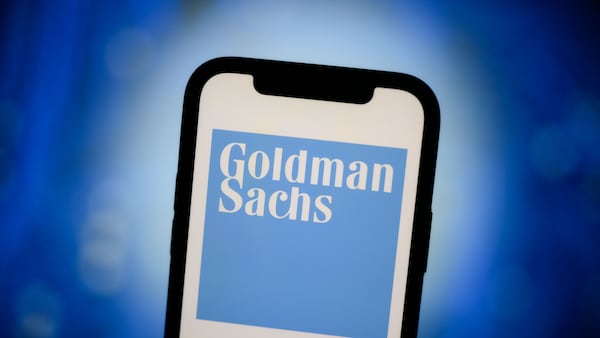- Hong Kong's ETFs have underwhelmed with just $291 million in assets under management.
- FalconX's David Lawant says patience will be rewarded.
- Other Asian markets weigh their own crypto ETFs.
David Lawant isn’t giving up on Hong Kong crypto ETFs.
The head of research at FalconX, the institutional crypto prime brokerage, would have every right to be bearish on the instruments.
With $290.6 million in assets under management, Hong Kong’s exchange-traded funds in spot Bitcoin and Ether are a fraction of the almost $57 billion currently held by their US counterparts.
Some days the six funds record no net inflows at all.
Moreover, the expectation South Korea and other Asian markets would green-light their own Bitcoin ETFs doesn’t look set to happen anytime soon.
‘It’s common for ETF flows to slow after a strong launch, then build steadily over time.’
— David Lawant, FalconX
And yet Lawant believes the prediction Hong Kong ETFs will reach $1 billion in assets by the end of the year can still be achieved.
“[It] might be more realistic by late 2025. However, given crypto’s fast-paced nature, I wouldn’t rule it out entirely,” Lawant told DL News.
“The numbers will definitely look small compared to what we’ve seen in other countries. But given the size of the Asian market and its importance to the overall crypto ecosystem, I believe it has the potential to go significantly higher,” he said.
ETF sponsors
FalconX has executed more than $1 trillion in cumulative trades in digital assets since it went live in 2018. As a prime brokerage, the firm plays a key role in helping Bitcoin ETF sponsors in the US make markets and spur liquidity in their products.
Regulatory clarity remains one of the key obstacles preventing faster growth.
And days go by when there are no flows in or out of any of the ETFs.
Even so, Lawant isn’t concerned about the sluggishness.
“It’s common for ETF flows to slow after a strong launch, then build steadily over time, especially in periods of low market volatility — which we’ve seen in recent months,” Lawant said.
Significant hurdle
Regulatory uncertainty, however, remains a significant hurdle.
Patrick Pan, CEO of OSL, a regulated digital assets platform in Hong Kong, told DL News in July that regulatory approvals—specifically around Ethereum staking—could catalyse growth in the ETF market.
OSL, in partnership with ChinaAMC and Harvest Global, helped launch Hong Kong’s first spot crypto ETFs.
Pan acknowledged that the initial reception fell short of expectations but expressed hope that new products like staking could drive expansion.
“There are a lot of different funds and crypto exchanges trying to negotiate with the Securities and Futures Commission,” Pan said.
Still, several barriers persist.
One of the biggest is the lack of access to mainland Chinese capital — though that seems unlikely to change any time soon, given China’s stance on crypto investments.
Additionally, many Hong Kong investors have direct access to US markets, reducing the appeal of locally listed ETFs.
And while the infrastructure around the ETFs took time to develop, more institutions are rolling out access to customers.
In early August, Mox, a digital bank backed by Standard Chartered, said it planned to add crypto ETFs to its app for customers, with an eye to also adding direct crypto investments.
Callan Quinn is DL News’ Hong Kong-based Asia Correspondent. Get in touch at callan@dlnews.com.







